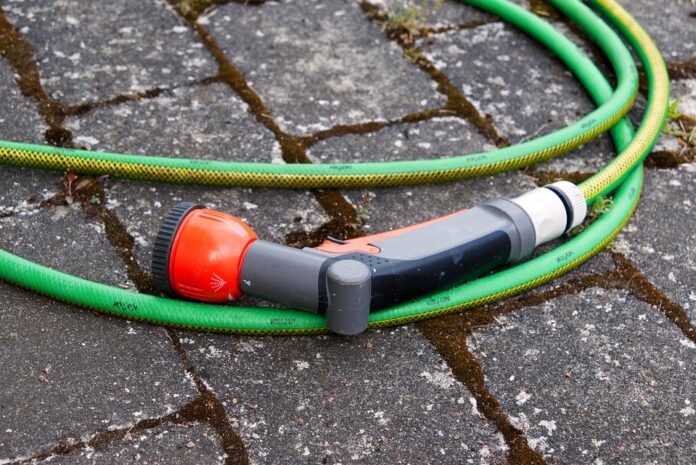Benefits of Drip Irrigation for High Value Crops and Orchards
Drip irrigation is a type of micro-irrigation system that has been gaining popularity among farmers growing high-value crops and orchards. This method delivers water directly to the roots of plants through a network of pipes, tubes, and emitters, ensuring that water is used efficiently and effectively. In this report, we will explore the various benefits of drip irrigation for high-value crops and orchards.
Increased Water Efficiency
One of the primary benefits of drip irrigation is its ability to significantly increase water efficiency. Unlike traditional irrigation methods such as flood or sprinkler systems, which can lead to water wastage through evaporation or runoff, drip irrigation delivers water directly to the root zone of plants. This targeted approach not only reduces water usage but also minimizes the risk of water-related diseases and weeds.
According to industry data, drip irrigation systems can improve water efficiency by up to 90% compared to conventional irrigation methods. This can result in substantial cost savings for farmers, especially in regions where water scarcity is a growing concern.
Improved Crop Quality and Yield
Drip irrigation has been shown to improve the quality and yield of high-value crops and orchards. By delivering water and nutrients directly to the root system, plants are able to absorb essential nutrients more efficiently, leading to healthier and more productive crops.
Studies have shown that crops grown using drip irrigation systems exhibit better uniformity in size, color, and taste compared to those grown using traditional irrigation methods. Additionally, the controlled delivery of water and nutrients can help reduce stress on plants, resulting in higher yields and better overall crop quality.
Reduced Labor and Maintenance Costs
Another significant benefit of drip irrigation is the reduction in labor and maintenance costs associated with traditional irrigation methods. Drip systems require less manual labor for operation and maintenance, as they are typically automated and can be programmed to deliver water at specific times and rates.
Furthermore, drip irrigation systems have a longer lifespan than traditional irrigation systems, reducing the need for frequent repairs and replacements. This can result in cost savings for farmers in terms of both labor and equipment expenses.
Environmental Benefits
Drip irrigation offers several environmental benefits, making it a sustainable choice for high-value crop production. By minimizing water wastage and reducing the use of fertilizers and pesticides, drip systems can help protect water resources and prevent pollution of soil and groundwater.
Additionally, drip irrigation can help reduce energy consumption associated with pumping water for irrigation, further lowering the carbon footprint of farming operations. As a result, farmers who adopt drip irrigation can not only improve their own bottom line but also contribute to environmental conservation efforts.
Financial Considerations
While the initial investment in drip irrigation systems may be higher than traditional irrigation methods, the long-term benefits far outweigh the costs. Studies have shown that farmers can recoup their investment in drip systems within a few years through increased crop yields, reduced water and labor costs, and improved crop quality.
In fact, some companies specializing in drip irrigation solutions offer financing options and subsidies to help farmers offset the upfront costs of installing a drip system. This can make drip irrigation more accessible to a wider range of farmers looking to enhance the efficiency and sustainability of their operations.
Conclusion
In conclusion, drip irrigation offers a multitude of benefits for farmers growing high-value crops and orchards. From increased water efficiency and improved crop quality to reduced labor and maintenance costs and environmental sustainability, drip systems have the potential to revolutionize the way we irrigate our crops.
As the demand for high-value crops continues to rise and water resources become increasingly scarce, drip irrigation presents a viable solution for farmers looking to enhance their productivity, profitability, and sustainability. By investing in drip irrigation technology, farmers can position themselves for long-term success and contribute to a more sustainable future for agriculture.




